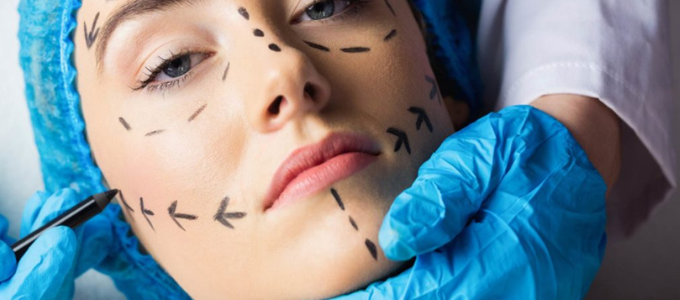
There is a global paucity of scientific data in relation to patient outcomes from appearance altering procedures. Validated clinical assessment and decision support tools are not available. This creates risks for both patients and surgeons.
In a world-first, the Medical Indemnity Protection Society (MIPS) has partnered with the Australasian Foundation for Plastic Surgery (AFPS) to pilot, and roll-out, a set of clinical assessment tools. The tools will assist patient selection for both reconstructive and aesthetic surgical procedures.
MIPS and AFPS expect this program to help both patients and surgeons make decisions that will deliver better health outcomes and be in the best interest of the patient.
In 2019, AFPS worked with the Centre for Appearance Research (CAR), UWE Bristol, and an expert advisory group of specialist plastic surgeons to develop a unique set of psychologically valid clinical assessment tools. The tools comprise:
- Pre-Surgery + Post-Surgery questionnaires for cosmetic procedures;
- Pre-Surgery + Post-Surgery questionnaires for reconstructive procedures.
MIPS came on board in 2020 to support AFPS in the pilot stage and, in due course, the roll-out of the assessment tools. The pilot stage will engage with specialist plastic surgeons in Australia and New Zealand. It is anticipated that the assessment tools will have broader application across multiple medical specialties.
A growing number of medical practitioners provide appearance altering surgery other than plastic surgeons including breast surgeons, ENT surgeons, general surgeons, urological surgeons, cosmetic practitioners, gynaecologists, obstetricians, paediatric surgeons and general practitioners.
“People can benefit both physically and psychologically from well considered reconstructive and cosmetic surgery. We know the right procedure at the right time can be life changing and assessing a patient’s needs is critical for a surgeon to provide the best care." says Natasha Anning, MIPS CEO.
“That’s why we’ve invested in this program. It will hopefully provide Australian surgeons with the very latest clinical tools to support patients to better understand the risks and likely outcomes of the proposed surgery.”

